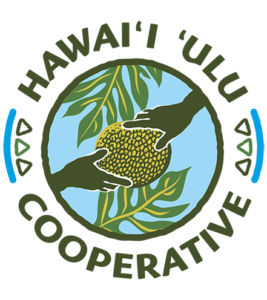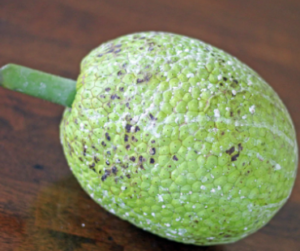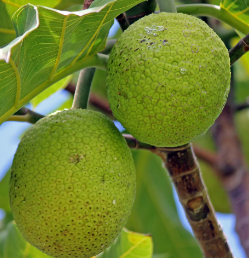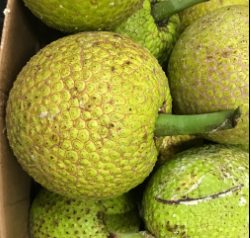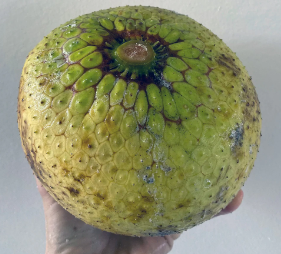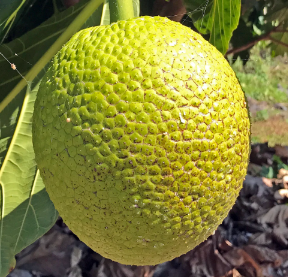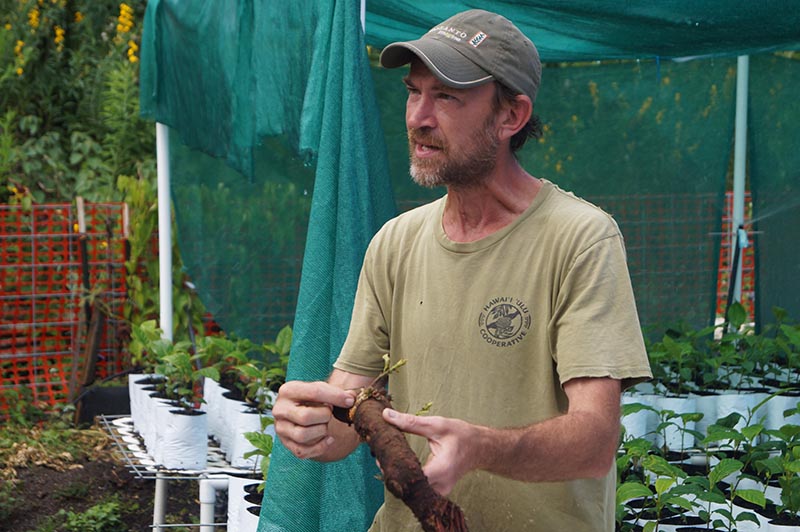If you are on Hawaiʻi Island, you can order breadfruit trees directly from us!
We are always propagating new ʻulu trees, but it has been hard to keep up with demand! Please sign up on our Tree Interest Form here to be notified when we have a new batch of trees ready to be planted. Our nursery is in Honalo, just south of Kailua-Kona, Hawaiʻi Island.
Watch our two videos on local breadfruit varieties below to learn more about the different varieties found in Hawaiʻi.
See more details on the most common local varieties and place your order using the form below. Once we receive your order, we will follow up to confirm current wait times and availability by variety!
Do you have trees planted already? Click here to learn more about the benefits of being a cooperative farmer and apply to join today! Grow your own – learn more about ‘Ulu Propagation Techniques on our website.
